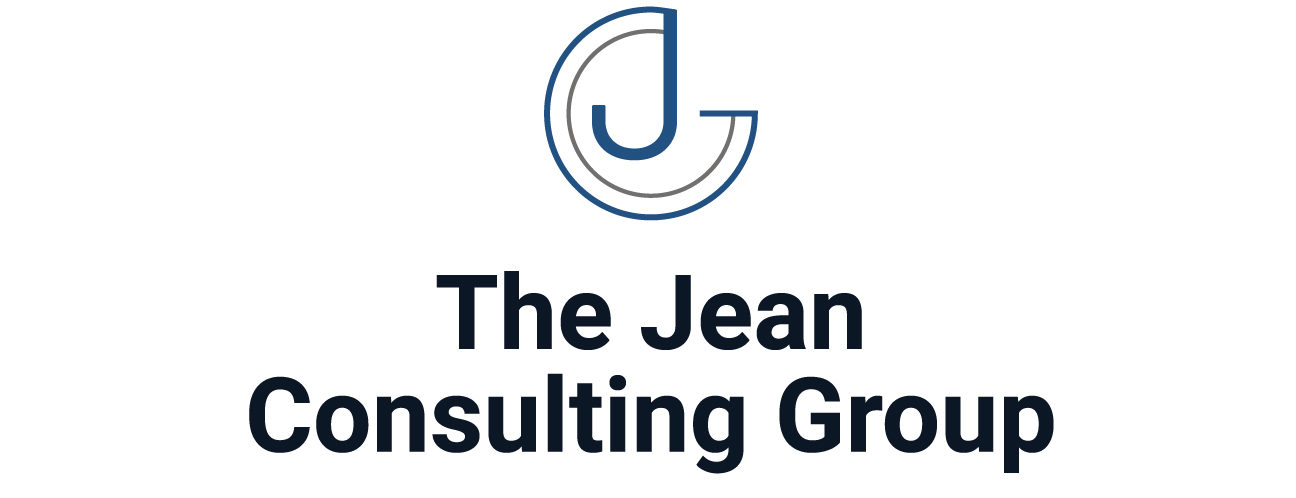In the multifaceted world of organizational health, disputes are inevitable. However, the manner in which these disputes are managed can significantly impact employee well-being, workplace harmony, and organizational productivity. Employee Assistance Programs (EAPs) have emerged as a vital component in the arsenal of dispute management strategies, offering a proactive approach to resolving conflicts and addressing the underlying issues that often contribute to workplace disputes. This article explores the role of EAPs in dispute management, highlighting their benefits, functionalities, and best practices for implementation to enhance organizational resilience and employee satisfaction.
The Essence of Employee Assistance Programs
EAPs are work-based intervention programs designed to identify and assist employees in resolving personal problems that may adversely affect their job performance, health, and well-being. These programs offer confidential, short-term counseling, referrals, and follow-up services for employees and their families, addressing a wide range of issues, including mental health, substance abuse, marital conflicts, financial problems, and stress management.
EAPs in the Context of Dispute Management
EAPs play a crucial role in dispute management by providing an external resource for employees to seek assistance with personal issues that may be contributing to workplace conflicts. By addressing the root causes of disputes, EAPs help to:
- Prevent Escalation: Offering early intervention services can prevent disputes from escalating into more serious conflicts or disciplinary issues.
- Enhance Communication: EAPs can provide employees with communication tools and strategies to effectively express concerns and resolve conflicts.
- Improve Emotional Well-being: By providing support for personal issues, EAPs contribute to the overall emotional well-being of employees, reducing stress and improving their capacity to manage workplace relationships.
- Support a Positive Work Environment: The availability of EAPs demonstrates an organization’s commitment to supporting its employees, contributing to a positive work culture and increased employee satisfaction.
Key Functionalities of EAPs in Dispute Management
Effective EAPs offer a range of services that can be leveraged in dispute management, including:
- Confidential Counseling: Provides a safe space for employees to discuss personal and work-related issues that may be affecting their performance and relationships at work.
- Mediation Services: Some EAPs offer mediation services to help resolve interpersonal disputes, facilitating a mutually acceptable solution.
- Training and Workshops: Conducting training sessions on stress management, communication skills, and conflict resolution can equip employees with the tools they need to manage disputes proactively.
- Management Consultation: EAPs can also provide consultation services to managers and HR professionals, offering guidance on handling difficult situations and supporting employees in distress.
Best Practices for Implementing EAPs in Dispute Management
To maximize the benefits of EAPs in dispute management, organizations should consider the following best practices:
- Promote Awareness: Ensure that all employees are aware of the EAP services available to them and understand how to access these services.
- Encourage Utilization: Foster a culture that encourages seeking help by normalizing the use of EAP services and emphasizing confidentiality.
- Integrate with HR Policies: Incorporate EAPs into broader HR policies and dispute management strategies, making them a standard part of the organizational response to conflicts.
- Monitor and Evaluate: Regularly assess the effectiveness of the EAP in resolving disputes and improving employee well-being, making adjustments as necessary to enhance its impact.
Conclusion
Employee Assistance Programs offer a valuable resource in the management of workplace disputes, providing support and intervention services that address the underlying issues contributing to conflicts. By integrating EAPs into dispute management strategies, organizations can not only resolve current disputes more effectively but also prevent future conflicts, fostering a healthier, more supportive work environment that benefits both employees and the organization as a whole.




